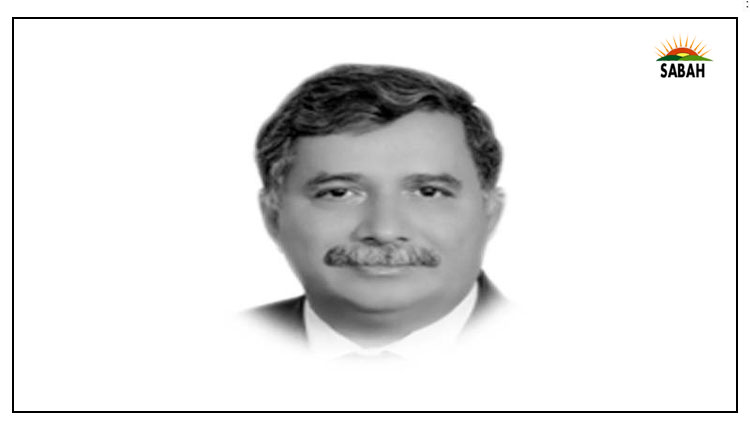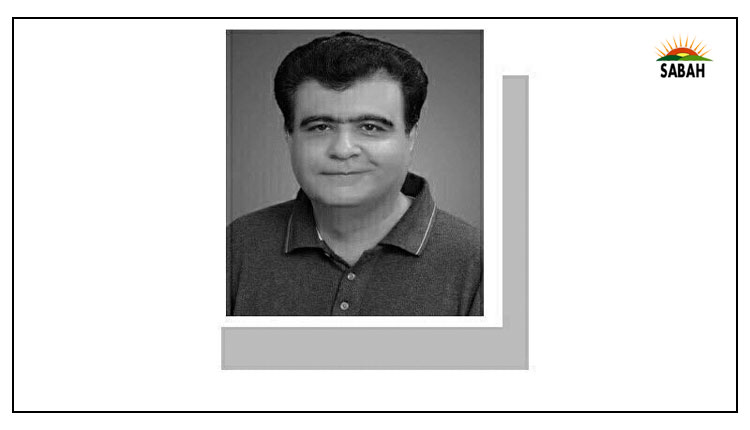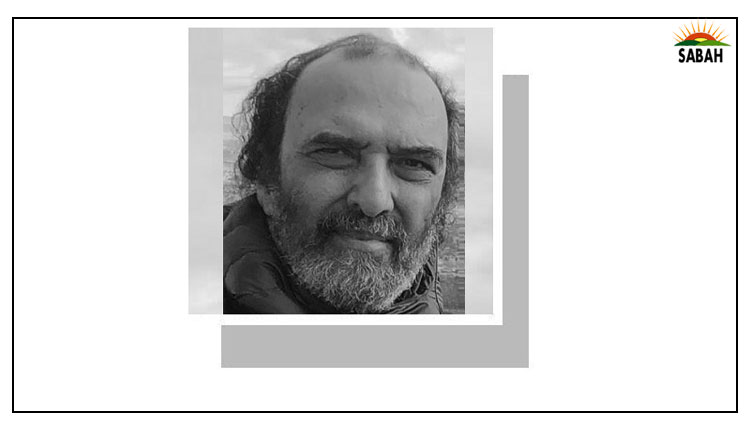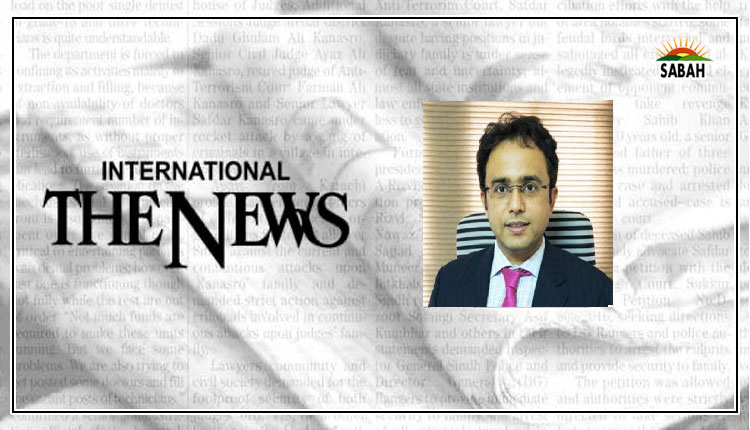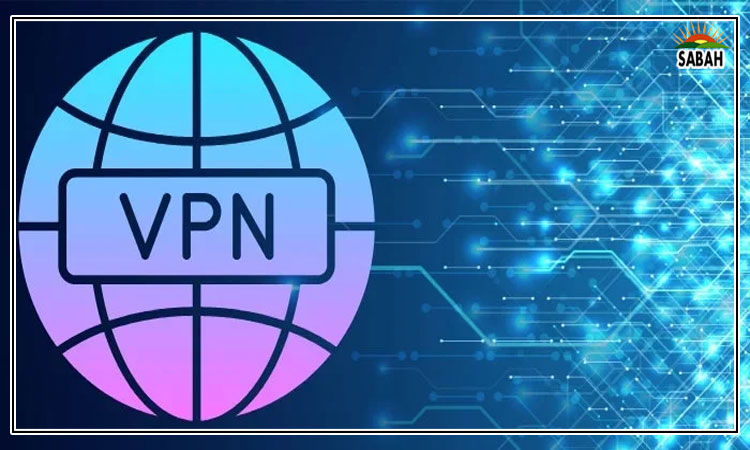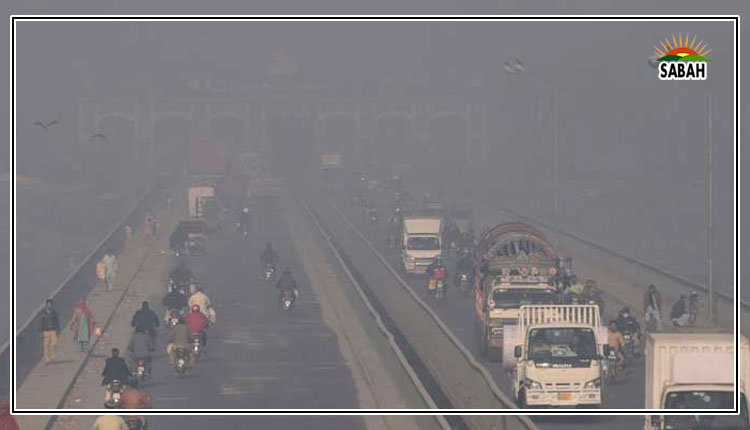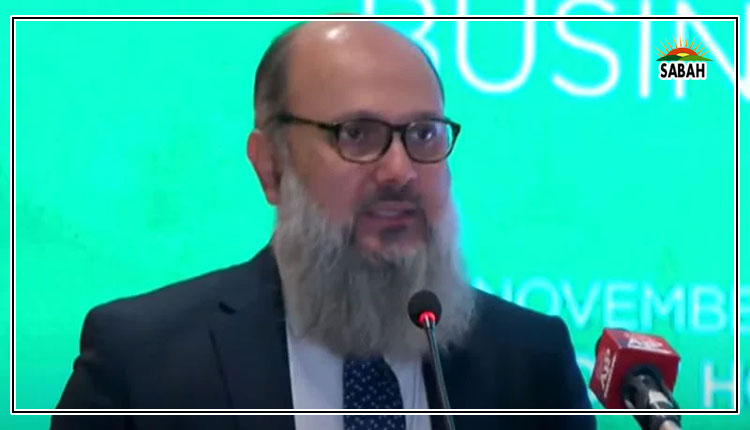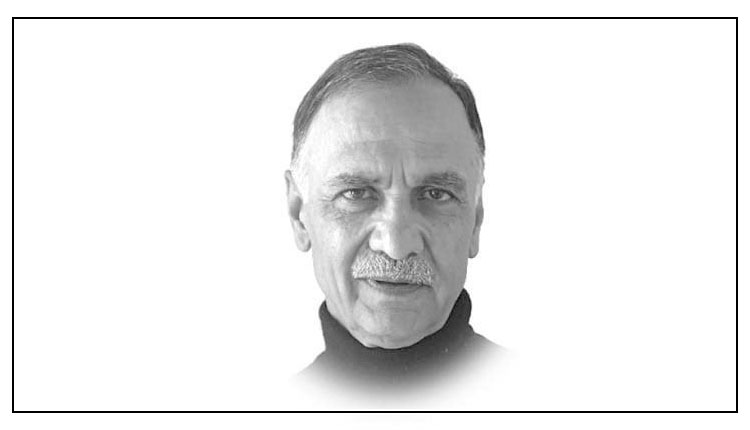Does Pakistan need a national unity government?…Daud Khan
In the run-up to the Feb 8 elections, politicians outdid each other in promising the sun, the moon, the stars and everything in between. If one were to believe them, Pakistan, after elections, would be a land of milk and honey.
Elections are now over and after several weeks of hard negotiations, a PML-N and PPP coalition government seems to be in the making at the national level. The new team, whatever its final composition, will have to face a series of formidable tasks. The most pressing of these will be the dire economic situation of the country raging inflation, limited exports, a growing reliance on imports to meet essential needs, a high debt burden exacerbated by rising interest rates, and climate change that threatens both rural and urban areas. And there are other problems, not directly related to economic management, that are crying out for attention such as terrorism, religious intolerance, a creaky educational system, corruption and gender discrimination.
There are no quick fixes to any of these issues. The changes needed will be slow and painful and will require hard work and sacrifices all around. To make matters worse there are very limited resources to address any of our myriad problems. Fiscal space is close to zero; friendly countries are unlikely to shower us with billions of dollars; and the multilateral financing agencies will require reforms on which Pakistan has been dragging its feet for decades. This lack of money means that progress will be slow and will take years, if not decades.
The experience of the last few years has shown that the high level of conflict between the major political parties favours short-term solutions and makes it impossible to take much-needed long gestation policy decisions. As a result, whoever is in power ends up juggling subsidies and handouts to satisfy different interest groups, and the country lurches from one crisis to another with an ever increasing reliance on borrowing.
With Pakistan in this situation, it would have been much better if the PTI could have been part of the discussions about forming a new government. Ideally, it could have helped create a government of national unity. Such a government would have been well placed to take on the task of economic revival; of stabilising macroeconomic variables, controlling inflation, reducing domestic and international debt; making deep structural changes in the productive sectors; fixing the education system; and building resilience to climate change.
Creating such a government in the current Pakistani political context was clearly impossible. It would have required a major shift in the mindset of the major political parties. It would have meant that they come out of their respective corners and talk to each other. And above all, it would have meant accepting that each of them has a legitimate place at the table.
But it is still not too late. The PML-PPP government at the national level will have to make major decisions, above all to revive the economy. As they do so, it would be highly desirable that they reach out to the PTI and seek their input, particularly on key economic policies and programmatic thrusts.
It would be tempting for the PTI leadership to spurn any such consultation process as a sign of weakness; as a sign that their campaign to question and overturn the election results is succeeding. However, such a rejection by PTI would only enhance the climate of uncertainty and instability with serious implications for the economy.
This task of cooperating on economic policies and programmes is actually less difficult than it sounds. There are already important agreements and commitments in place under the ongoing programme with the IMF. These set out much of what needs to be done in terms of macroeconomic stabilisation. Future programmes with the IMF, without which Pakistan cannot manage, will most likely confirm these agreements. PTI leadership should clearly indicate that it accepts, and will go along, with the agreements with the IMF.
There are also excellent policies and strategy documents for important sectors and sub-sectors in the economy. Most of these have been reviewed and agreed with key stakeholders. Moreover, prominent economists and thinkers, many of whom write in this newspaper, have made very sensible and practical recommendations on the main policy directions and key decisions needed. Drawing these together to prepare a set of comprehensive high level plans for economic reforms would not be difficult. There are plenty of top class think tanks and Pakistani professionals, inside and outside the country, that are capable of doing this.
PTI leadership could also, if it deems appropriate, make it clear that its endorsement or agreement of an economic package does not imply political acceptance of all elements of the PML-PPP government. It could still continue with its campaigns against corruption, for greater accountability, and for a more independent foreign policy. Such opposition would not only be legitimate but also good for the country, particularly if it takes place in parliament.
Courtesy The Express Tribune


